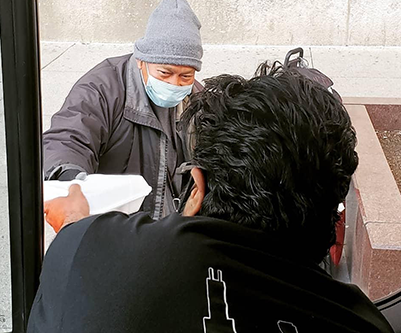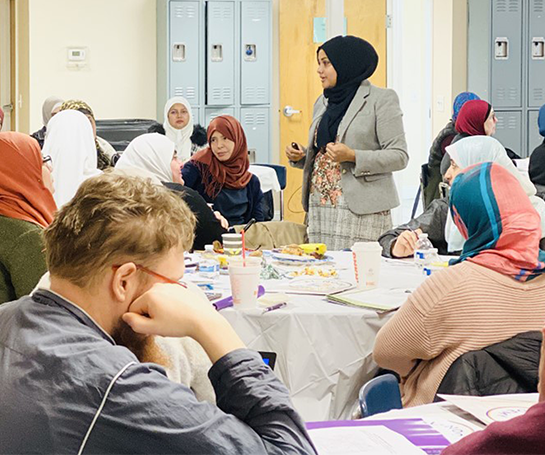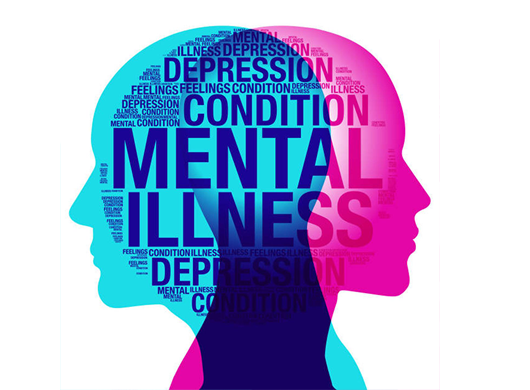Approximately more than 33,00 children without any adults came to the U.S border in the fiscal year of 2020, escaping war, famine, and violence. Children under the age of 18, upon arrival at the border, are sent to youth immigration detention centers where they await legal proceedings that will determine whether they will be granted asylum, a process that can take over 4 years. If a child turns 18 while at a youth detention center and has no family in the U.S. to live with, they are transferred to adult detention centers, which, in the Chicago area, are collar county jails. This is where organizations like Viator House and Bethany House show how vital their services are to asylum-seekers. These homes receive notices from either the youth detention center or from the child’s attorney, should they have one, before they turn 18. An





